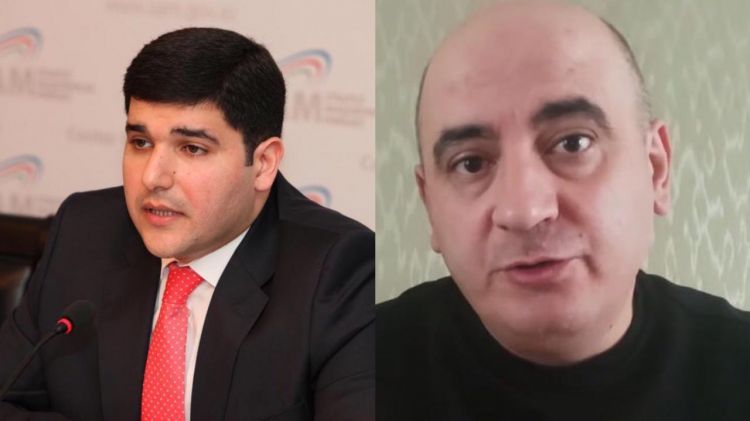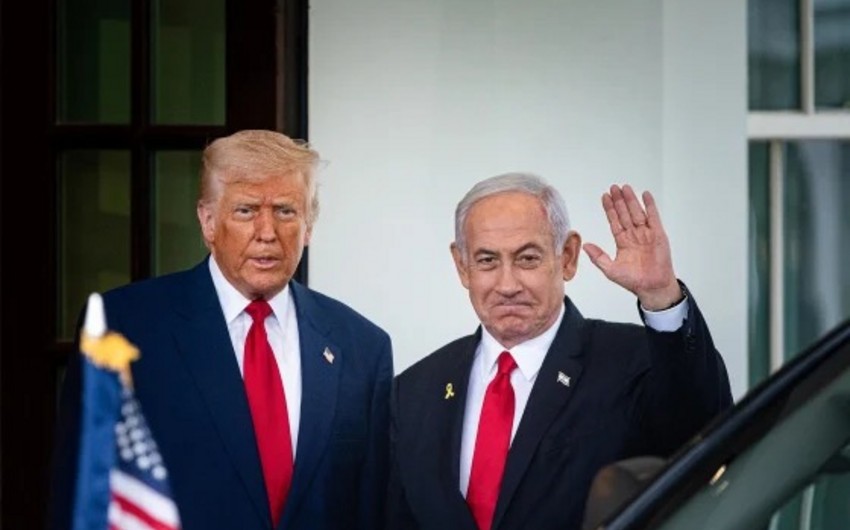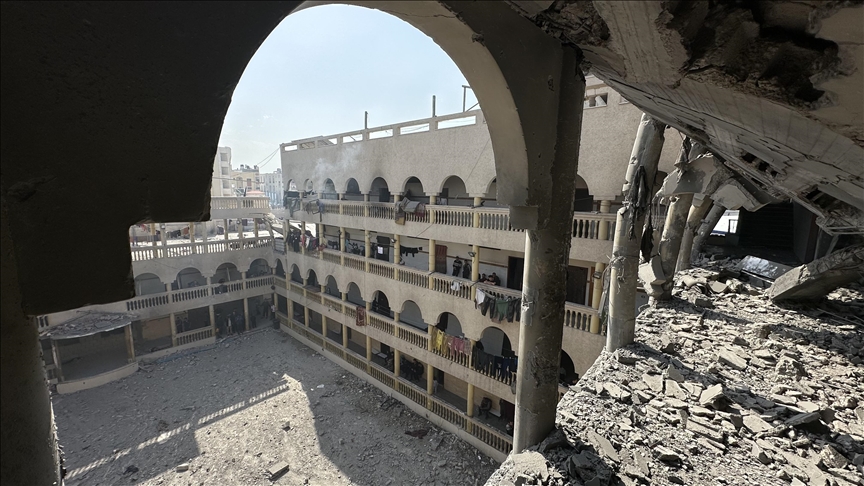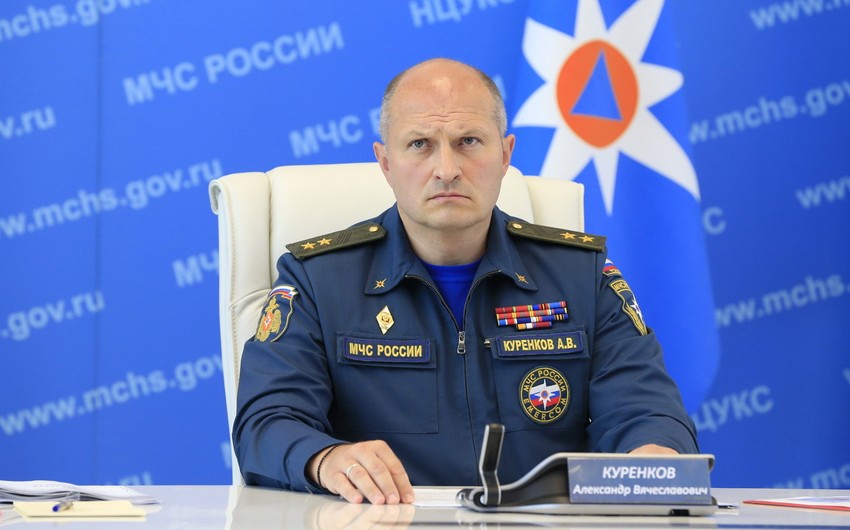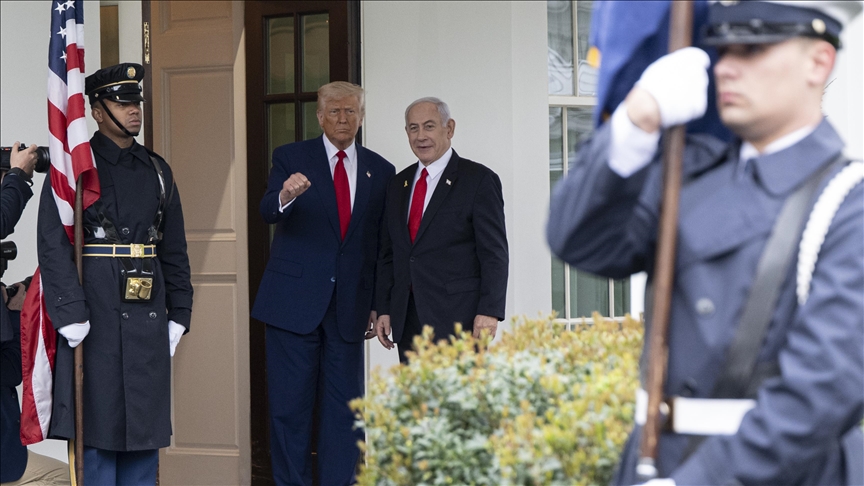Toivo Klaar, the special representative of the European Union (EU) for the South Caucasus and Georgia, is expected to pay visits both Armenia and Azerbaijan. No date yet confirmed for Baku, but it will be this week too, after Yerevan.
What contributions can the EU official's visits to Baku and Yerevan make to the formation of relations between the two countries?
Taking into account the urgency of the issue, Ednews tried to highlight the position of both Azerbaijani and Armenian experts.
First, Armenian activist and blogger Ishkhan Verdyan, known for his peacemaking initiatives, expressed his opinion to Ednews. He noted that Mr. Klaar's role and functions in resolving the Armenian-Azerbaijani conflict are not completely clear.
"There are no obvious results in his case, he does not make any important statements. Mr. Klaar's only significant statement was the granting of international peacekeeping status to the Russian peacekeeping contingent, which clearly may not serve to resolve the conflict, but rather to freeze it. The reasons and motives of this statement are not clear, but it can be interpreted as clearly pro-Armenian, because the demand for the deployment of international forces in Karabakh is almost the main demand of the Armenian side, and the Azerbaijani side will never agree to it.
Of course, one cannot rule out some invisible public mission of Mr. Klaar in the negotiation process, especially against the background of the very fast developing events in this direction recently, and perhaps his personality plays an important communicative role. But for now, this role is not obvious, and therefore it is impossible to make reliable predictions about the outcome of his visit to the region. We can only hope that his meetings will be the next link in the chain of negotiations, which will eventually lead to the signing of a peace agreement."
Talking about the issue, political expert Farhad Mammadov thinks that the visits of the Special Representative of the European Union, Toivo Klaar, to both Armenia and Azerbaijan this week will not make any contribution to the relations between the two countries.
"This trip to the region will not have a serious impact on the issues. This is more of a meeting to maintain the intensity of negotiations. The positions of the parties on specific issues will be studied precisely. The visit is also a means for putting forward any proposals in the next meetings."
The political experts stressed that the negotiations that yielded the main results were in the United States.
"Also, next week Foreign Ministers will be in Washington to negotiate the establishment of relations and a peace treaty. We can expect progress in some issues in these negotiations."
Ulviyya Shahin

